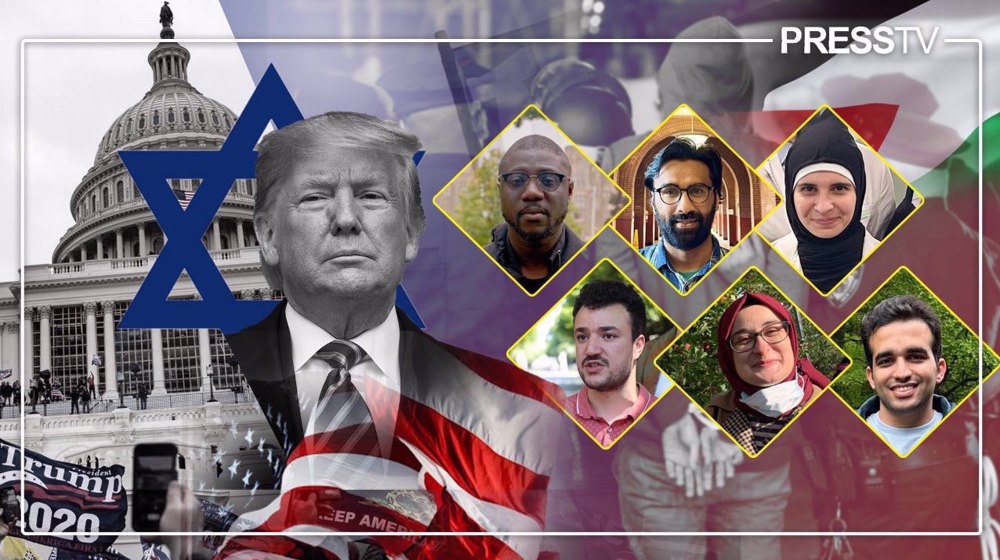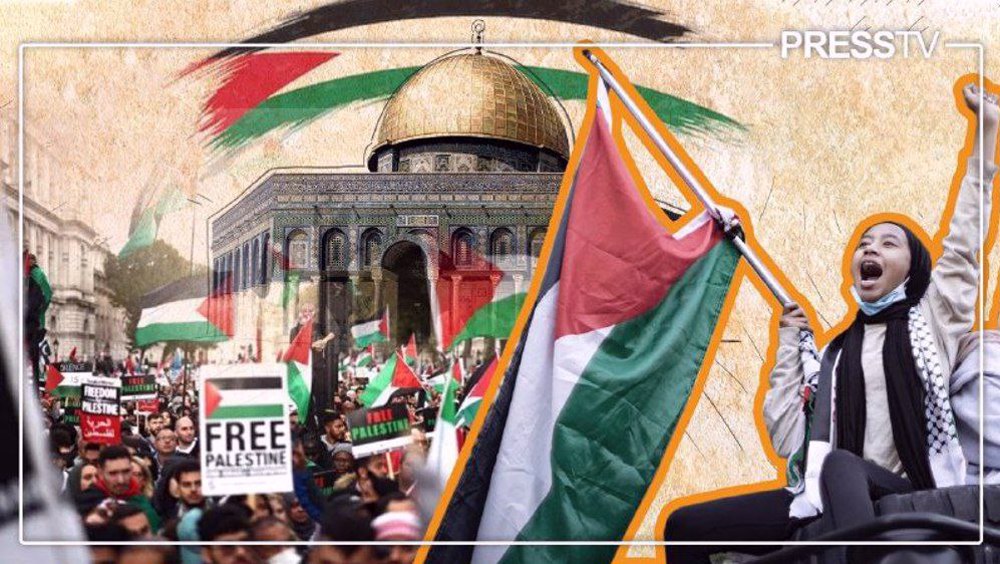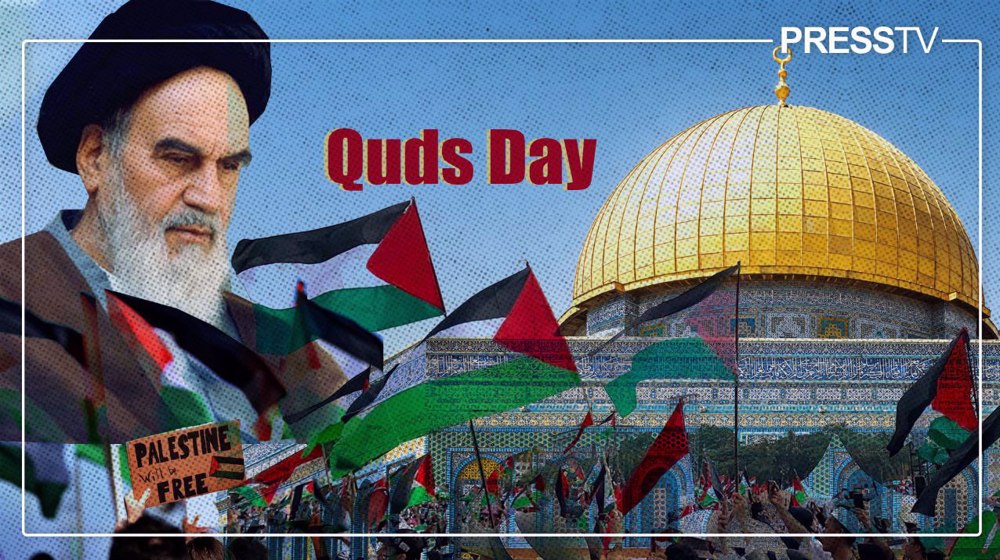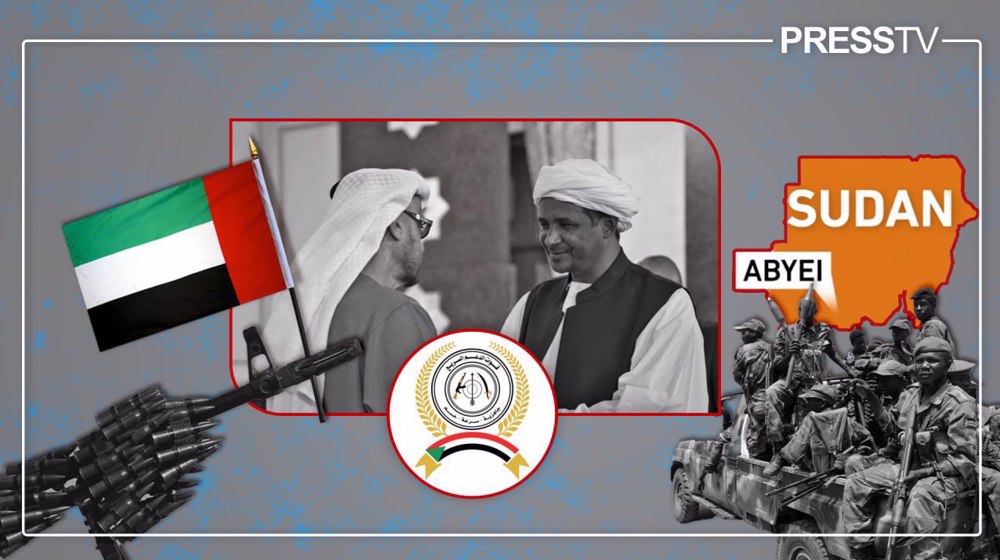The forgotten war: Sudan, crimes against humanity, and UAE’s deep complicity
By Rachel Hamdoun
Have we fallen asleep to Sudan’s relentless suffering at the hands of the United Arab Emirates? Has the world been blinded by dollar signs, golden visas, lavish award parties hosted by royals, and towering monuments?
Sudan deserves the same urgency and outcry that we give to other war-ravaged places – to make it clear to world governments and capitalist corporations that their complicity in the ongoing genocide will not be masked by glitz, glamour, or diplomatic niceties.
As Sudan’s devastating war nears its two-year mark this April, the devastating war has taken a new political turn. The Rapid Support Forces (RSF) have reclaimed the presidential palace and other key buildings in Khartoum, asserting control once again.
Meanwhile, the hidden forces driving Sudan’s war are being further exposed. The Sudanese government has filed a case against the UAE at the International Court of Justice (ICJ), accusing it of complicity in genocide against the Masalit people, who are indigenous to western Sudan and Chad.
Citing violations under the Convention on the Prevention and Punishment of the Crime of Genocide, Sudan has claimed that the UAE provided the RSF with weapons and financial support, fueling a war that has killed over 61,000 people between Darfur and Khartoum, according to data from the London School of Hygiene and Tropical Medicine’s Sudan Research Group (November 2024). It has only become worse ever since.
These deaths have resulted from direct violence, preventable diseases, and starvation. Alongside the UAE, other key regional players – including Saudi Arabia and Egypt – have enabled the RSF’s continued atrocities.
It is important to note how Sudan serves as the UAE’s gateway into Africa, much like the Israeli regime is the US’ outpost in West Asia. Gold mines, cobalt, diamonds, vast land, and, most importantly, access to the Red Sea make Sudan a prime target for Emirati interests.
This is not the UAE’s first such intervention. Its extensive role in the war on Yemen, alongside Saudi Arabia, led to the deaths of over 150,000 people – official estimates likely understate the real toll over the past decade.
A 2021 UNDP report projected that if the war in Yemen continued, the death toll could reach 1.3 million by 2030, exacerbated by bombings, rape, kidnappings, forced disappearances, and the use of food as a weapon of war.
Starvation as a method of warfare – a flagrant violation of international humanitarian law under Article 54 of the Geneva Conventions – continues to be deployed by the RSF with the encouragement of the UAE.
This mirrors, on an even larger and more destructive scale, the starvation tactics employed by the Zionist regime in Gaza, where Israeli warplanes supplied by the US massacred civilians as they gathered flour and bread from aid trucks.
The international community, major organizations, and the United Nations consistently fail to hold perpetrators accountable. Even when they issue condemnations, they hesitate to name those responsible.
This selective silence is unsurprising, given that Palestinians and Lebanese continue to be killed by Israeli airstrikes using US-supplied bombs, while the world’s institutions still struggle to utter the word “genocide.”
The extent of this denial was on full display when the UN convened a special meeting in New York for the “International Day of Commemoration and Dignity of the Victims of the Crime of Genocide” in 2024, yet it failed to mention Gaza even once during the two-hour session.
The fact of the matter is that the UAE seeks to model its relationship with Sudan after the US-Israel dynamic – a political and military outpost serving broader strategic aims.
One need only observe the UAE’s normalization with Israel, Israel’s courtship of Saudi Arabia, and the Saudi-Israeli collaboration in Yemen to recognize the shared playbook at work.
Gaza and Palestine are rich in oil and natural resources, providing access to reserves in Lebanon and Syria – secured through regional proxies operating under Western directives. Lebanon’s Karish field and Gaza’s Marine fields were coveted by Western powers long before 1947 as part of their broader Zionist ‘Manifest Destiny’ expansionist projects.
Given its track record, the UAE should have no place on a global stage, like that of the United Nations, to speak about human rights, freedom, or democracy. It has quite the lengthy rap sheet, given that it doesn’t really do things by the book that it claims to be such a role model in following.
It flaunts a lengthy history of violations, from severe restrictions on free speech to widespread abuses of migrant and labor rights, contradicting its carefully curated image as “one of the safest countries in the world” with flourishing job opportunities.
The war in Sudan is not merely a clash of regional rivals and allies. It is a war on humanity itself – akin to the genocidal atrocities in Gaza and Lebanon. These morally bankrupt conflicts serve as tools for Gulf monarchies and Western hegemons like the US and UK to expand their dominance in the region.
The catastrophic humanitarian crisis in Sudan has provided the UAE with a gateway into Africa – a continent rich in diamonds, freshwater reserves, and scarce minerals. The RSF is nothing more than a hired gun in this grander scheme, while the casualty toll of women, children, the elderly, and all those resisting oppression continues to climb.
We cannot forget Sudan. We cannot allow its cries to fall on deaf ears, lest we grant victory to those waging war against the innocent. We must not turn a blind eye while money flows into palaces, celebrity-filled galas, and government summits – all while our purchases and taxes fuel the very entities orchestrating these wars.
Just as the boycott of American and Israeli brands has driven down multinational stocks, a similar movement against Emirati and complicit corporations can exert pressure to halt these inhumane wars against Yemen, Lebanon, Sudan, and Gaza
Rachel Hamdoun is a US-based journalist and Press TV correspondent.
(The views expressed in this article do not necessarily reflect those of Press TV.)

'Land of the unfree': Trump admin’s war on pro-Palestine activism on US campuses

Intl. Quds Day: None of us are free until Palestine is free – river to the sea

Intl. Quds Day is a global movement to end Israeli genocide and free Palestine
More journalists killed in Gaza than in both World Wars combined: Report
US lawmakers move to block arms sales to Israel amid Gaza war
Turkey readies plans to take over Syria’s T4 airbase: Report
VIDEO | Press TV's news headlines
Iran condemns Israel’s continued aggression against Lebanon
VIDEO | Iran Islamic Republic day
Yemeni forces attack US aircraft carrier with cruise missiles, drones
Germany set to deport four foreign pro-Palestine protesters







 This makes it easy to access the Press TV website
This makes it easy to access the Press TV website